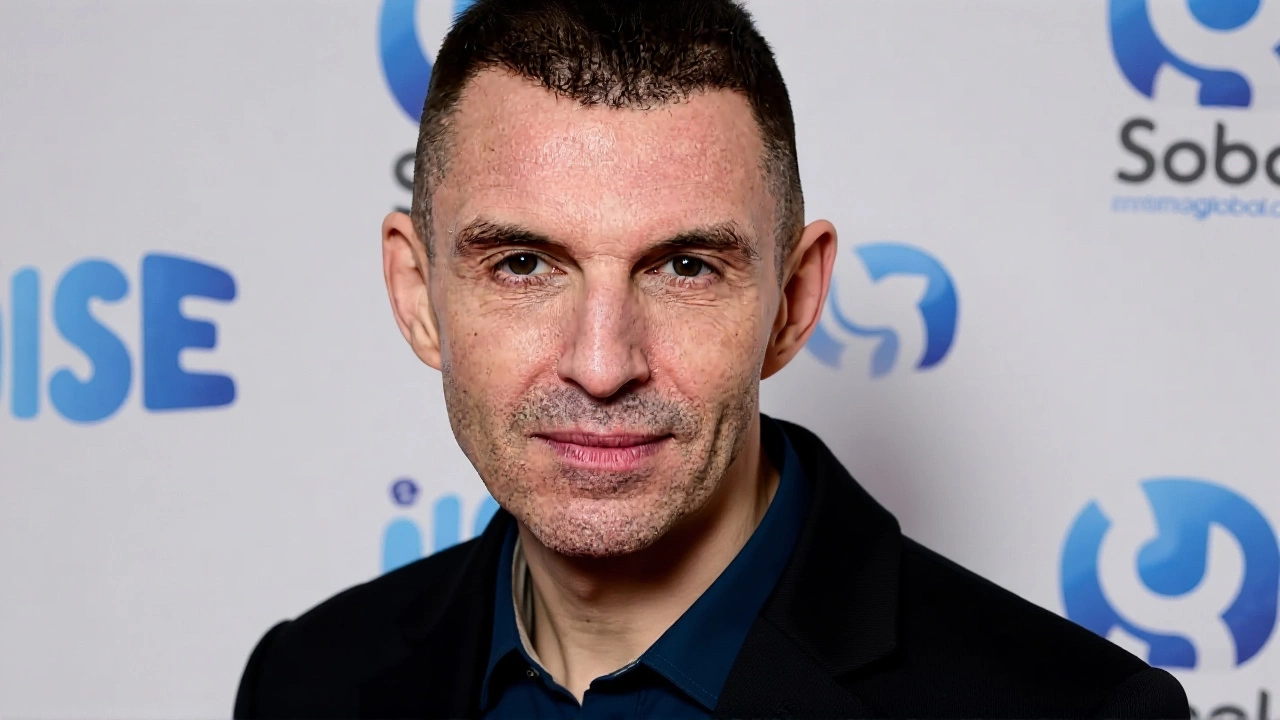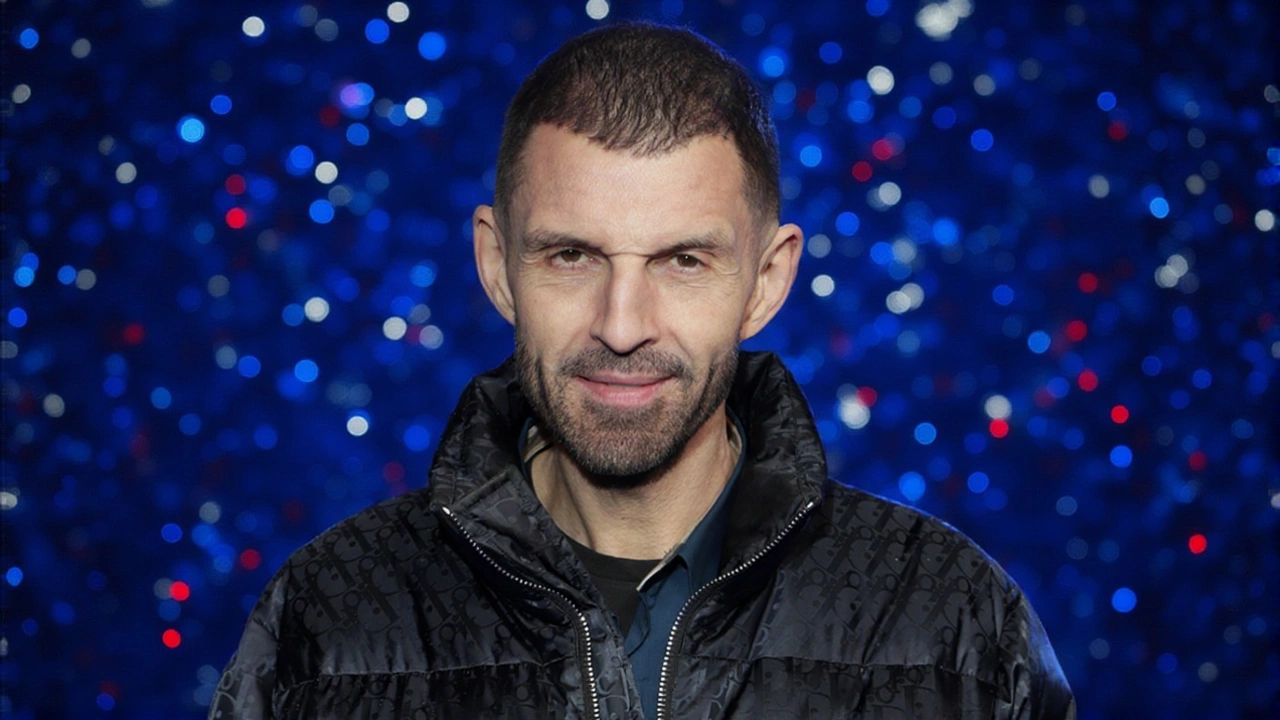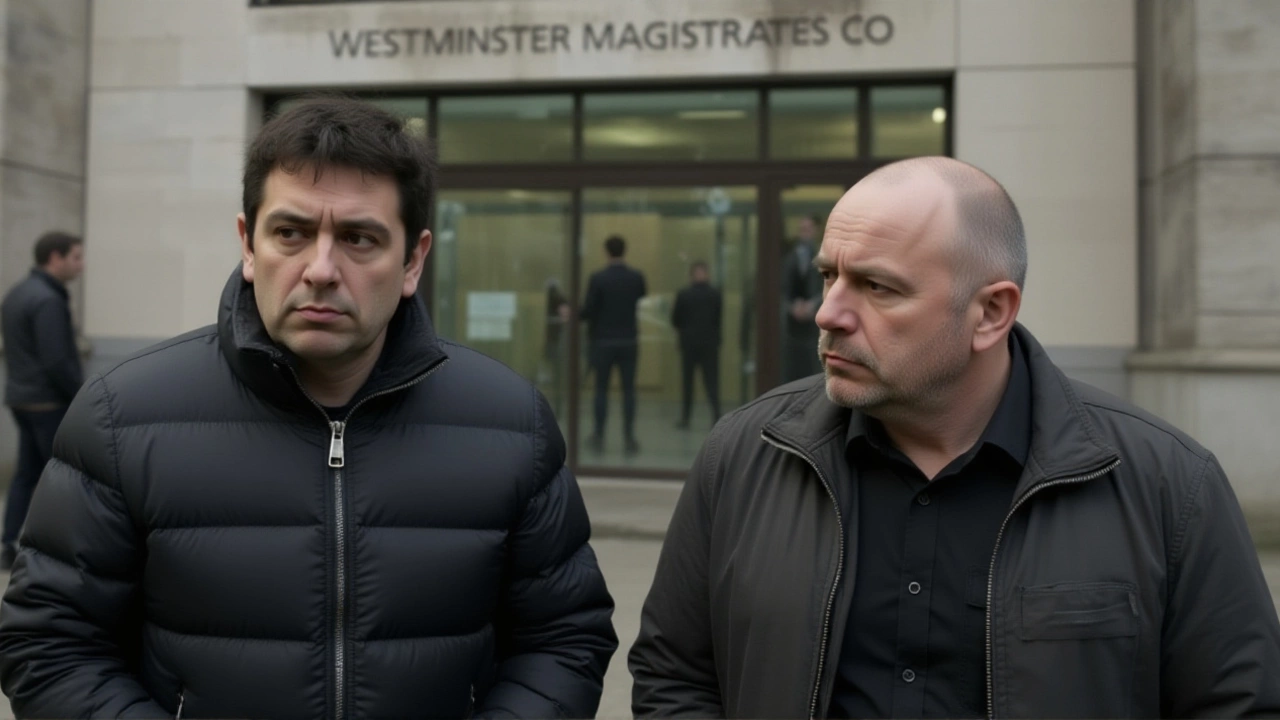When Tim Westwood walked out of Westminster Magistrates' Court on Monday, November 10, 2025, at 11:10 a.m. UK time, the silence from the crowd was louder than any headline. The 68-year-old former BBC Radio 1 DJ, once a defining voice of British hip-hop and urban culture, now faces seven counts of rape and sexual assault spanning more than three decades. The charges — four counts of rape, nine of indecent assault, and two of sexual assault — allege crimes against women as young as 17, with incidents tied to locations from Fulham to Vauxhall, and even inside the hallowed halls of BBC Broadcasting House. He was released on conditional bail, but the real trial — for his legacy, for his victims, for the institution he represented — has only just begun.
How the Allegations Unfolded
The Metropolitan Police Service laid out a chilling timeline: in 1983, a 17-year-old girl was indecently assaulted in Fulham. In 1986, a woman in her 20s was targeted in Vauxhall. Between 1995 and 1996, two separate victims — both teenagers — were raped and assaulted, one allegedly at a BBC studio. Another rape occurred in 2000–2001, followed by a 2010 assault in a London hotel. Sky News reported three specific incidents occurred at BBC Broadcasting House during the 1990s — a detail that cuts deep, given the station’s public image. One alleged assault happened at a music festival around 2005, placing the abuse within the peak of Westwood’s media influence.What’s striking isn’t just the number of allegations, but their persistence. This wasn’t a single lapse. It was a pattern, unfolding over 33 years — from the early days of hip-hop’s UK breakout to the digital age. Victims came forward years after the fact, some after seeing news of other BBC figures under investigation. The delay isn’t unusual; it’s tragically common. Trauma silences. Power intimidates. And for decades, Westwood’s fame shielded him.
The BBC’s Shadow and the Savile Precedent
This isn’t the first time the BBC has been rocked by historical abuse. The Jimmy Savile scandal, which erupted in 2012, exposed systemic failures across the corporation. Savile, a beloved presenter, had abused hundreds — often on BBC premises — for over five decades. The public outcry led to the Operation Yewtree investigation and a reckoning within British media.Westwood’s case echoes that. He wasn’t just a DJ; he was a gatekeeper. He broke new artists, shaped playlists, and controlled access to national radio. That authority, combined with the culture of deference in media, created fertile ground for abuse. One former producer, speaking anonymously to the Guardian in 2023, said: “You didn’t say no to Tim. Not if you wanted to get your track played.”
The BBC has not issued a public statement since Westwood’s court appearance. But internally, sources say discussions are underway about revising its historical vetting policies — especially for personalities who held influence during the 1980s–2000s.

Legal Path Ahead: From Magistrates to Crown Court
Westwood’s next step is clear under English law. After a preliminary hearing at Westminster Magistrates' Court, his case will be sent to the Crown Court for trial. That’s standard in rape cases. The Crown Court handles indictable offenses, where juries decide guilt. No date has been set yet — but legal experts say it could take 12 to 18 months.The prosecution faces hurdles. Memories fade. Witnesses are hard to locate. Some victims may be reluctant to testify after decades. Yet the volume of allegations — seven women, 15 charges — strengthens the case. Prosecutors may use “similar fact evidence” to show a pattern, a tactic successfully used in the Savile and Rolf Harris trials.
“When you have multiple complainants describing the same predatory behavior across different decades, it becomes statistically impossible to dismiss as coincidence,” said Dr. Eleanor Voss, a forensic psychologist who testified in three high-profile UK sexual abuse cases.
What This Means for Victims and the Media
For survivors of sexual abuse, especially those who were young and powerless when it happened, this case is a rare moment of visibility. Many have waited 20, 30 years to be believed. Westwood’s arrest — and the fact that the Metropolitan Police Service pursued charges despite the time lapse — sends a message: it’s never too late.But the cost is high. The public once adored Westwood. He introduced acts like Public Enemy and Wu-Tang Clan to mainstream Britain. He was the guy who made rap feel like home. Now, that image is shattered. And the industry he helped build is forced to ask: How many others slipped through the cracks?
“We built stars on charisma,” said a former BBC executive, speaking off-record. “We didn’t check their character. That’s on us.”

What’s Next?
Westwood’s next court date is expected in early 2026. His legal team has not commented publicly. The BBC has not revoked his past accolades — yet. His name still appears in archived playlists. His voice still echoes on YouTube clips.But the silence now isn’t just from the courtroom. It’s from the industry that once celebrated him. And that silence? It’s louder than any broadcast.
Frequently Asked Questions
How long can sexual assault charges be brought after the alleged incident in the UK?
In England and Wales, there is no statute of limitations for rape or serious sexual assault. Charges can be brought decades later, as seen in the Savile and Westwood cases. However, prosecutors must assess whether there’s sufficient evidence and whether a trial would be fair, given the passage of time. The Metropolitan Police have dedicated units to investigate historical abuse, and many cases rely on corroborating witness statements or circumstantial evidence.
Why is this case linked to the BBC’s reputation?
The BBC’s public trust was severely damaged after the Jimmy Savile scandal, which revealed how powerful figures were shielded for years. Westwood’s case reinforces concerns about institutional culture — particularly in media, where charisma and fame can override accountability. The fact that multiple alleged assaults occurred at BBC Broadcasting House raises questions about whether internal safeguards failed to protect vulnerable individuals.
What role did Tim Westwood play in British music culture?
As a presenter on BBC Radio 1 from the 1980s to the early 2000s, Westwood was instrumental in bringing hip-hop and urban music to mainstream British audiences. He hosted the first national radio show dedicated to hip-hop in the UK and interviewed major artists like Tupac and Jay-Z. His influence helped shape a generation’s musical identity — making the contrast between his public persona and the allegations even more jarring.
What are the possible outcomes if Westwood is convicted?
If convicted on multiple counts, Westwood could face a lengthy prison sentence. Rape carries a maximum life sentence in the UK, and indecent assault can result in up to 10 years per count. Sentences are often served consecutively in cases involving multiple victims. He would also be placed on the Sex Offenders Register indefinitely and could be barred from working with minors or in media roles involving public influence.
Has the BBC taken any action against Tim Westwood since the charges?
The BBC has not issued a formal statement or revoked Westwood’s past credits, though he has not appeared on any BBC platforms since 2021. His name was removed from official archives in 2023 following internal reviews, but public playlists still feature his past shows. The corporation is reportedly reviewing its policies on historical figures under investigation, but no public policy changes have been announced as of November 2025.
How common are historical sexual abuse cases involving media figures in the UK?
Since 2012, over 200 media and entertainment figures in the UK have faced historical abuse allegations, with 47% linked to BBC or ITV. The scale reflects broader societal failures — delayed reporting, institutional protectionism, and the power imbalance between celebrities and their audiences. The Westwood case is among the most extensive in terms of time span and number of victims, but it’s part of a pattern, not an outlier.

